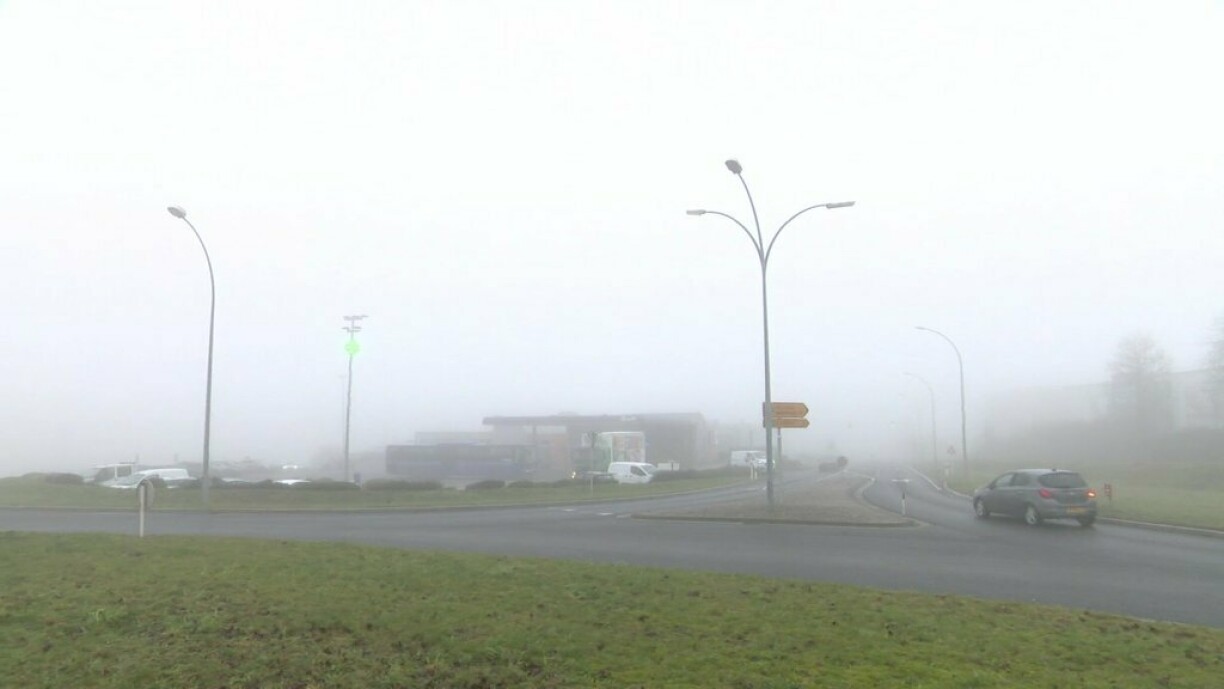
The government is planning to invest total of around a billion Euro in the north of the country over the next few years.
Making the N7 safer between Fridhaff and Weiswampach, which had been discussed for at least 25 years, will make up just under 400 million Euro of that price tag. Every day, roughly 20,000 cars make the journey past Fridhaff, with 18,000 passing through Hosingen and 10,000 continuing to Weiswampach.
The stretch is rather perilous: 10 people have been killed in road accidents in the last decade, with 34 serious injuries and over 100 light injuries.
The concrete plans for the project were presented by Stéphanie Empain, MP for Déi Gréng, and Ministers François Bausch and Claude Turmes at an online town meeting on Thursday evening.
Frequent speed limit changes ranging from 70 km/h to 110 km/h will be replaced by a continuous 90 km/h limit. To improve road safety, the stretch from Bastendorf to Weiswampach will be upgraded to wider lanes, a hard shoulder and stretches of passing lanes. Both sides will be divided by a traffic barrier. Left turns will no longer be possible, three new crossings will be built as well as bridges to enable tractors to cross more easily. These will also serve cyclists and pedestrians, in addition to the bike lane from Fridhaff to Weiswampach.
The improvements to the road will not speed up travel time, however - the project’s priority remains to relieve villages of heavy traffic and bolster road safety. Adding a fourth lane is not realistic, says François Bausch, as it would require an additional 5 meters, effectively doubling the current width. A motorway would even need 33 meters in total, plus interchanges. The environmental impact would be too large.
The cost for the works is estimated at 247 million Euros. In addition to that, a 4.4km bypass around Hosingen, which will include a tunnel and sound barrier to reduce noise pollution, is slated at 154 million. This should considerably improve quality of life in Hosingen, with traffic calming measures for the main road through the village.
François Bausch: “There will be islands to slow down traffic, with speeds reduced to 30 mph, there will be greenery and bike infrastructure, the road will be narrowed, all in favour of pedestrians and cyclists.”
Heinerscheid will also receive a bypass, which is currently in the early stages of planning. Claude Turmes and Stéphanie Empain listed the large number of other investment projects in the north of the country, such as the new agricultural school, the expanded train station in Ettelbruck, the “Wunne mat der Wolz” housing projecty or the Nordstadlycée in Erpeldange. The aim was to dispel ideas that the top half of the country is often forgotten.
Works on the N7 are expected to take 6 years and will take place in three phases: Fridaff to Hoscheid-Dickt, Hosingen to Marnach and finally Heinerscheid to Weiswampach. François Bausch added that there are no current plans to add a further speed trap on the route as part of the project.